7 Fastest WooCommerce Themes (I Thoroughly Tested 22 Options)
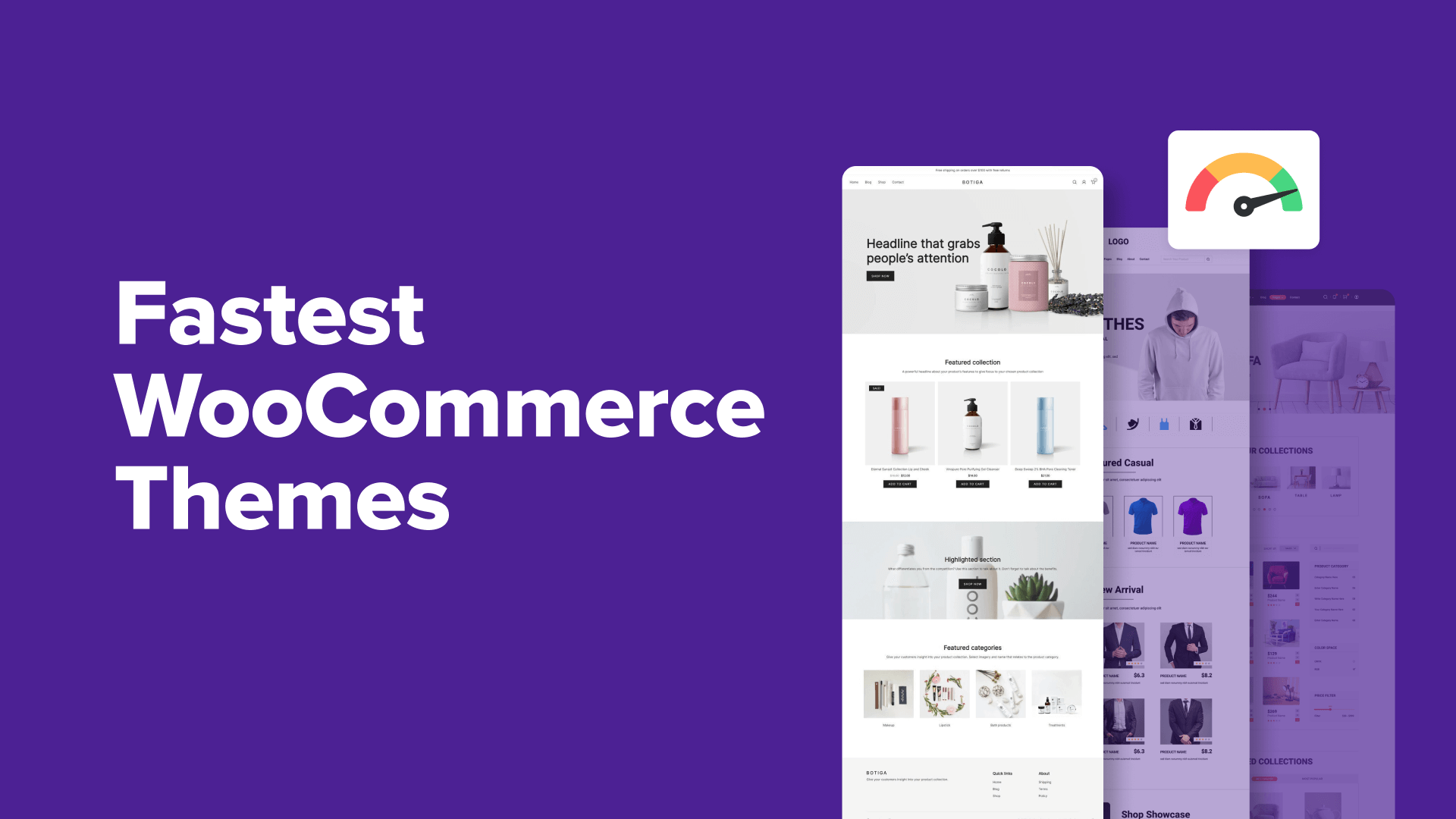
Have you ever noticed shoppers leaving their carts right before they check out in your WooCommerce store? It’s frustrating, and in many cases, the main reason is slow page speed. Even with great products and fair prices, most people won’t wait for pages to load.
Here’s something I’ve seen a lot while testing WooCommerce themes: they look fast in the demos.
But once you add real products, customer reviews, and traffic, things slow down quickly. Heavy images, messy code, and poor optimization can turn a nice-looking theme into a headache.
The good news is that some WooCommerce themes are built for speed without sacrificing design.
For this roundup, I tested 22 themes in real-world conditions and picked the ones that balance both style and performance. These will help you keep shoppers engaged and improve your conversions. 📈
Quick Overview: 7 Fastest WooCommerce Themes
Before diving into the full reviews, here’s a quick look at the fastest WooCommerce themes I tested.
I’ve ranked them based on a combined score for performance, features, ease of use, and overall value for a WooCommerce store owner.
Why Use a Fast WooCommerce Theme?
The speed of your WooCommerce store can make or break your sales. If your theme loads quickly, then shoppers are more likely to stick around, complete their purchase, and even come back again. Plus, Google rewards speedy sites with better search rankings.
This matters even more on mobile, since most people now shop from their phones. A slow theme can drive them away before they even see your products.
Here’s why speed is such a big deal:
- Higher conversions – Fast stores keep shoppers moving through checkout.
- Better search rankings – Google ranks quick-loading sites higher.
- Lower bounce rates – Visitors won’t leave before your page even loads.
- Mobile-friendly – Essential for shoppers on smartphones and tablets.
- Reduced costs – Efficient themes put less strain on your WordPress hosting.
In short, a fast WooCommerce theme helps you turn more visitors into customers.
How I Review and Test the Fastest WordPress Themes
Testing a theme goes beyond just clicking around a demo site. I install each theme on real hosting with a proper product catalog to see how it actually holds up under real-world conditions.
Why? Because I’ve seen plenty of themes that look lightning-fast in demos but slow to a crawl once you add products, testimonials, and plugins. Pretty screenshots don’t tell the full story.
Here’s what I look at when testing:
- Performance – I measure load times with GTmetrix using real product data, not just empty demo content.
- Mobile experience – I check speed and usability on phones and tablets across different screen sizes.
- WooCommerce features – I make sure that shopping carts, checkouts, and product pages all run smoothly without glitches or slowdowns.
- Plugin compatibility – I test with popular WooCommerce extensions to see if the theme stays fast as you add features.
- Support and updates – I check if the theme is well-maintained and backed by reliable support, so your store keeps running smoothly over time.
My goal is to find themes that stay fast even when your store grows and adds more features.
On top of that, I tracked a few key performance metrics to compare themes side by side:
Why Trust My Recommendations?
At WPBeginner, we’ve been helping WordPress users for 16+ years. We’ve built and optimized countless WooCommerce stores, from small startups to sites handling millions in sales.
For this roundup, I personally installed and tested every WooCommerce theme I recommend, setting them up on real hosting with actual products, essential WooCommerce plugins, and customer interactions.
You can read more about our complete testing process in our editorial guidelines.
With that said, here’s a quick overview of all the themes I’ll cover:
Now, let’s see the 7 fastest WooCommerce themes you can use for your store.
1. Botiga – Fastest WooCommerce Theme for Clean, Modern Storefronts

Botiga delivers a performance-first approach to WooCommerce themes. It’s designed specifically for online stores that require fast loading times without sacrificing modern design elements.
I recommend Botiga when you want a clean, professional storefront that works right out of the box. The theme includes conversion features that usually require separate plugins.
My Experience
When I installed Botiga, I found that it has a library of 12+ starter sites. Whether you’re selling clothes, beauty products, or digital goods, there’s a demo for you.
During setup, I could launch a complete store, with product grids, category filters, and even a blog, in just a few clicks.

When editing my site in the WordPress Customizer, I found more helpful features.
I was personally impressed with the built-in product quick view, which worked smoothly without page refreshes. The sticky add-to-cart bar also kept the purchase button visible as customers scrolled.
On top of that, Botiga has extras like a fly-out mini cart, wishlists, product filters, and distraction-free checkout, all designed to boost sales.
After building my WooCommerce store pages, the theme still felt lightweight. And when I ran a speed test, it showed consistent performance across different page types. GTmetrix gave it a standout 94% performance rating.
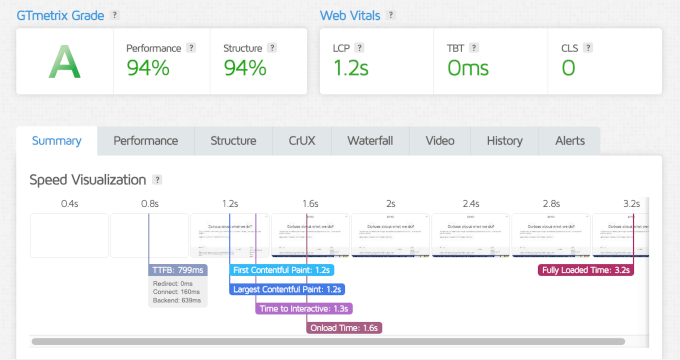
Compared to other themes I’ve tested, Botiga maintained faster load times even after adding product galleries and customer reviews.
Plus, it handled extra WooCommerce plugins without losing speed.
🌟 Why I Recommend Botiga: The Botiga theme, built specifically for WooCommerce, combines fast load times with useful conversion features. Its minimalist design keeps the focus on products rather than distracting elements.
Plus, there’s a Botiga free version to get you started.
2. SeedProd – Best for Complete Design Freedom
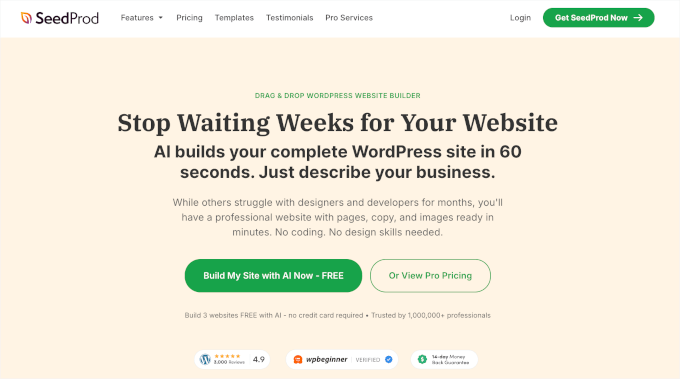
SeedProd goes beyond traditional themes by offering a complete website builder with WooCommerce integration. This means that instead of starting with a fixed design, you get a drag-and-drop tool to build your store’s look and feel from scratch, giving you total creative control.
I find it useful when clients need unique layouts that standard themes couldn’t provide. The drag-and-drop Theme Builder handles everything from headers to the checkout page, and it comes with lots of site kits and templates to help you get started.
See our complete SeedProd review.
My Experience
During my first SeedProd project, I was able to create a custom product page layout in about 30 minutes.
The visual editor made it easy to position elements exactly where I wanted them. Plus, the WooCommerce blocks worked smoothly within the builder interface. I could add product grids, cart buttons, and checkout elements just by dragging them into place.
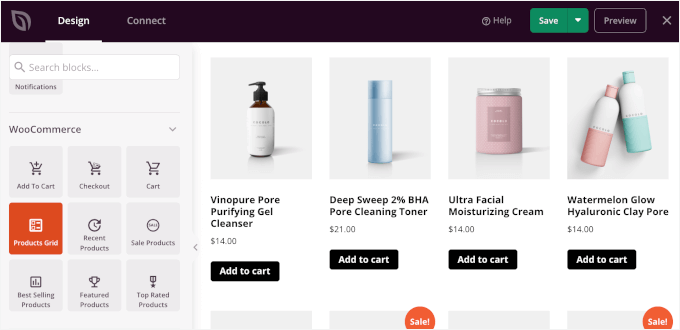
On product pages, I liked being able to add customer testimonials and trust badges right beside the ‘Add to Cart’ button.
These build instant credibility and reassure shoppers at the exact moment they’re deciding whether to buy. Plus, these features are something most themes don’t allow without custom code snippets or addons.
SeedProd also offers a complete AI website builder, which allows you to build a custom website in less than 60 seconds. All you need to do is enter some basic information about your online store, and the AI will do the rest.
After building several store pages, I noticed they remained clean and optimized. And when I tested it on GTmetrix, the results came in at 91% for performance.
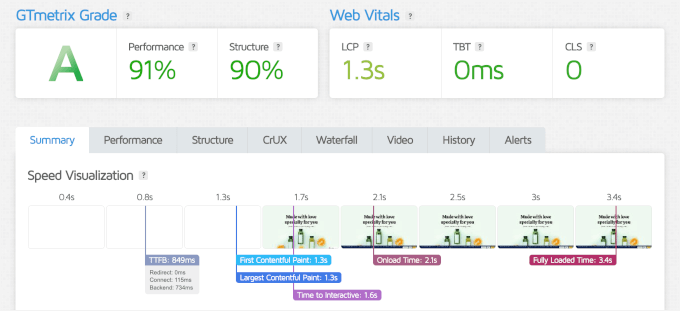
Load times also stayed competitive, even with custom layouts that would typically require heavy CSS modifications in other themes.
All in all, compared to using a standard theme plus a page builder plugin, SeedProd eliminated the plugin conflicts I often encounter. The all-in-one approach simplified both design and maintenance.
🌟 Why I Recommend SeedProd: SeedProd suits users who need total design flexibility while maintaining fast performance. It offers fast loading speeds despite extensive customization options.
Plus, there’s a free SeedProd version you can try before upgrading.
3. Neve – Best for Mobile-First Performance
Neve prioritizes raw speed and mobile optimization above everything else. The theme loads incredibly fast and allows your WooCommerce store to work perfectly on smartphones and tablets.
I tested Neve when a client’s mobile conversion rates were dropping due to slow page speeds. The mobile-first approach made an immediate difference in the user experience.
My Experience
When I first installed Neve, the speed difference was noticeable immediately. Pages that took 3-4 seconds with other themes loaded in under 2 seconds with Neve’s lightweight code.
When tested with GTmetrix, the theme achieved a performance score of 92%.
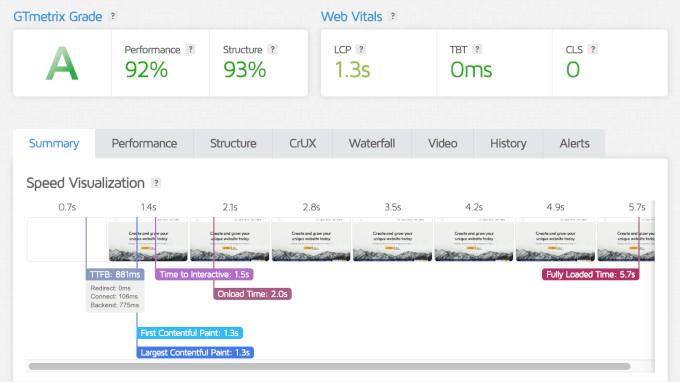
The AMP support was also a standout feature. This technology helps create simplified, lightning-fast versions of your pages for mobile users. A super-fast mobile experience is fantastic for keeping shoppers engaged and can positively influence your search rankings.
Compared to feature-heavy themes I’ve used, Neve maintained consistent performance even when I added Elementor layouts and multiple WooCommerce plugins. The theme’s foundation stayed solid regardless of customizations.
Beyond speed, Neve comes with a header and footer builder right in the theme, so I didn’t need extra plugins to customize layouts.
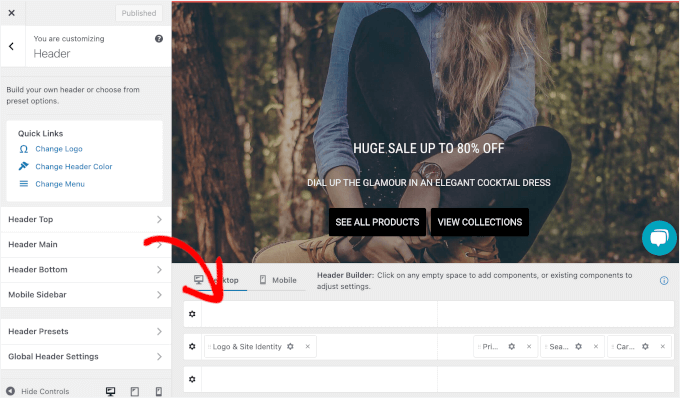
I also appreciated the ability to streamline the checkout page by removing navigation and widgets. I found this helpful for reducing distractions and potential cart abandonment.
It’s also worth noting that Neve is translation-ready, supports RTL languages, and works with WPML, making it a solid choice for international stores.
🌟 Why I Recommend Neve: In short, this theme loads faster than most competitors. Neve delivers exceptional speed and mobile-first optimization, while still offering built-in customization tools, including header/footer editing and checkout control.
4. Shoppe – Best for Feature-Rich, Fashion Stores

Shoppe combines a drag-and-drop builder with advanced WooCommerce features in one package. Everything you need for a modern online store comes built in, and it’s ideal for fashion and lifestyle retailers.
I recommend Shoppe when you want premium functionality without having to hunt for separate plugins. The AJAX cart and quick look features create a smooth shopping experience.
My Experience
While setting up my first Shoppe store, the bundled Themify Builder made customization straightforward. I could design product pages visually without touching any code.
With over 60 pre-designed layouts and multiple shop skins available, it was easy to import a full boutique-style demo and then rearrange sections using the drag-and-drop builder.
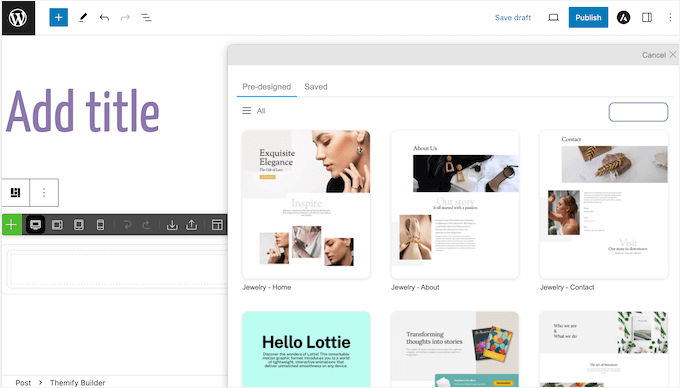
During testing, the AJAX cart feature was a standout.
Here’s how it works: after adding products, it updates the cart icon instantly without a page reload. This felt modern and can keep shoppers engaged.
Customers will also love the ‘quick look’ lightbox and product image zoom. These features let them view product details instantly without having to leave the main shop page, creating a smoother browsing experience.
After comparing load times with other feature-rich themes, Shoppe stood out for maintaining impressive speeds despite its extensive functionality.
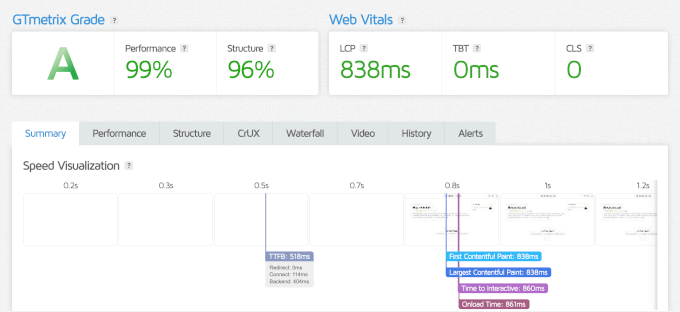
In my tests, the theme performed efficiently, earning a solid 99% score on GTmetrix. This is proof that its code optimization helps balance rich features with fast performance.
🌟 Why I Recommend Shoppe: Shoppe suits users who want a complete, premium store solution without piecing together multiple tools. The integrated builder, layouts, and skins make it easy to launch a powerful store in no time.
5. OceanWP – Best for Advanced Customization
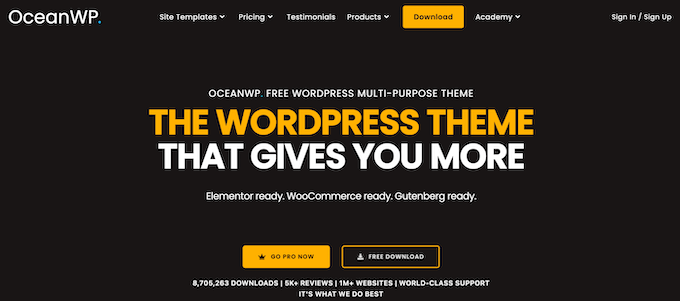
OceanWP packs premium-level WooCommerce features into a fast-loading theme. You get advanced store functionality without sacrificing page speed.
I find it particularly useful for complex stores that need features like off-canvas filters and floating add-to-cart bars. These customization options rival premium themes.
See our OceanWP review to learn more about the WordPress theme.
My Experience
During setup, I was impressed by how many WooCommerce features came built-in with the free version. The cart pop-up and product quick view worked smoothly without additional plugins.
Installing the Ocean Extra companion plugin unlocked even more WooCommerce controls right in the WordPress Customizer. I could individually style shop archives, product pages, and even the cart page.
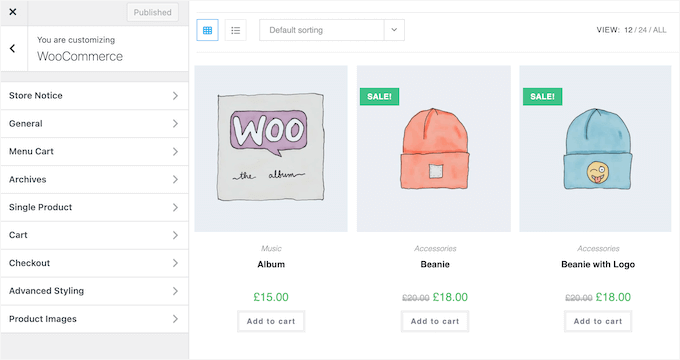
Plus, the off-canvas filter stood out during product browsing. With this feature, customers can filter products without cluttering the main layout, keeping the design clean and the site fast-loading.
The header builder also let me add a promotional top bar, change menu typography, and switch header styles.
After testing with Elementor and other page builders, OceanWP maintained its speed advantage. Unlike themes that slow down under heavy customization, OceanWP’s core stayed lightweight.
In the screenshot below, you can see it got a 90% performance score when I ran it through GTmetrix.
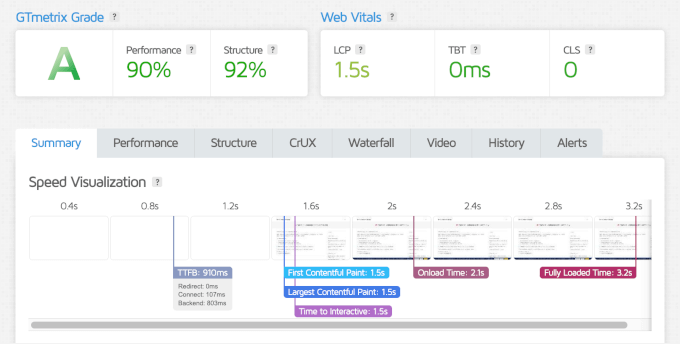
Compared to other highly customizable themes I’ve used, OceanWP offered more features in the free version. Most competitors lock similar functionality behind premium upgrades.
🌟 Why I Recommend OceanWP: Overall, OceanWP is one of the best free WooCommerce themes. It gives you premium-level customization and advanced eCommerce features while staying fast and flexible, even when paired with page builders.
6. Sydney – Best for Business Sites

Sydney is the best option for business and portfolio websites that also need eCommerce functionality. The theme allows you to create professional-looking sites where products complement your main business services.
It’s ideal for corporate websites that also sell products or services. The business-first approach also works well for service companies expanding into product sales.
To learn more, feel free to check out our detailed Sydney review.
My Experience
During my first Sydney setup, I liked how Sydney organized all WooCommerce options right in the WordPress live customizer. I could style shop pages, tweak product galleries, and adjust layouts without extra tools.
The Elementor integration made building business pages simple. I could design professional service pages and then add shop sections without design conflicts.
I also tested one of Sydney’s WooCommerce starter sites, which had pre-designed product pages, shop layouts, and cart sections ready to go.
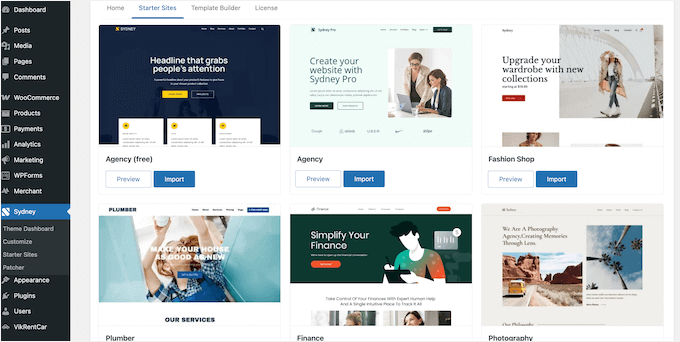
The sticky navigation bar, with a visible cart button, was especially useful for conversions. It’s a helpful feature as it lets shoppers check out anytime without scrolling back up.
Plus, there’s the AJAX product search, which shows suggestions instantly as users type.
The performance optimization impressed me while testing different page types. Both my business portfolio and product pages loaded quickly and consistently across the entire site.
In the GTmetrix test results below, you can see it earned a strong 90% performance score.
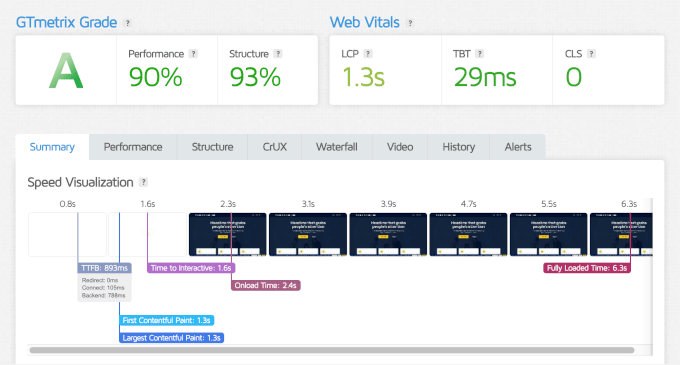
Compared to pure eCommerce themes that are too retail-focused for B2B companies, Sydney maintains the business aesthetic while allowing you to customize your online store.
🌟 Why I Recommend Sydney: This theme offers a professional business aesthetic plus online store functionality. Overall, Sydney suits companies that need a polished website with integrated eCommerce, rather than a retail-first design.
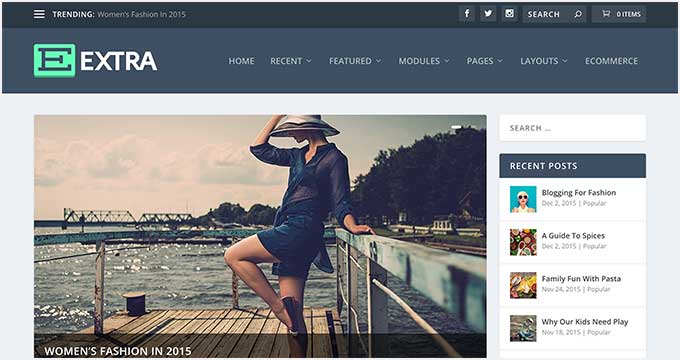
Extra, powered by the Divi Builder, excels at combining editorial content with eCommerce functionality. The theme works perfectly for blogs, magazines, or news sites that want to sell products alongside their articles.
It’s particularly valuable if you want to showcase both content and products without choosing between them. The Category Builder creates unique homepage layouts that traditional themes can’t match.
My Experience
Extra includes 800+ pre-designed layouts and complete website packs. In my test, I imported a lifestyle blogger template that included a homepage, blog, and a fully designed shop page.
The WooCommerce integration also felt natural within the content-focused design.
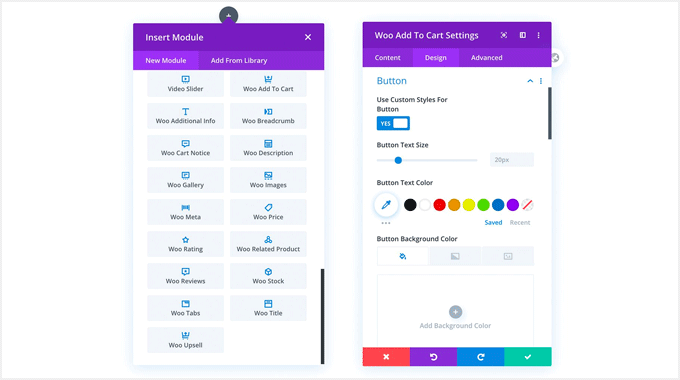
On top of that, Divi’s post categories let you build fully custom layouts using drag-and-drop modules like blog grids, sliders, and WooCommerce product sections.
Thanks to the visual editor, it made complex layouts manageable without coding knowledge.
Performance-wise, Extra held up well even on my content-heavy demo site. My GTmetrix test showed an 85% performance result, which indicates strong optimization.
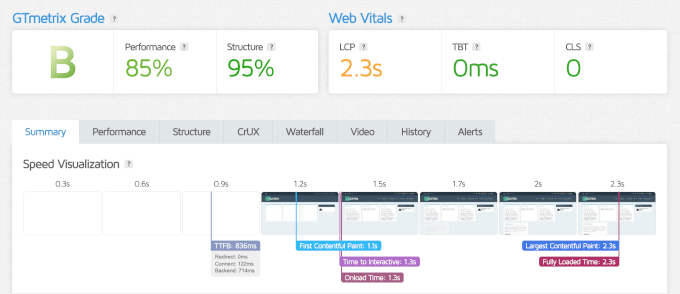
Plus, all designs remained fully responsive across devices.
🌟 Why I Recommend Extra: Put simply, Extra works best for publishers who need both content and commerce in one cohesive design. This theme blends editorial content with online stores. The Divi Builder provides unlimited design possibilities for complex layouts.
Other Fast WooCommerce Themes I Tested
Here are a few more WooCommerce themes that performed well in my tests.
Astra
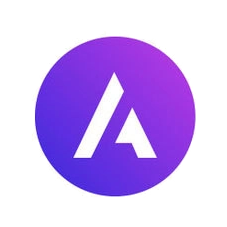 The Good: Free, minimalist, and surprisingly fastThe Bad: Can be limiting once your store growsWho It’s Best For: Store owners who want to use the WordPress block editor (lots of control without a separate page builder)
The Good: Free, minimalist, and surprisingly fastThe Bad: Can be limiting once your store growsWho It’s Best For: Store owners who want to use the WordPress block editor (lots of control without a separate page builder)Thrive Theme Builder
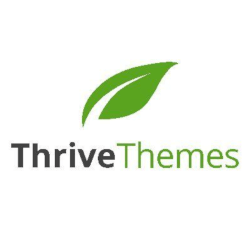 The Good: Full site-building control with built-in marketing and conversion toolsThe Bad: Learning curve if you only need a simple shopWho It’s Best For: Store owners who want to design their entire site and funnel with a single tool
The Good: Full site-building control with built-in marketing and conversion toolsThe Bad: Learning curve if you only need a simple shopWho It’s Best For: Store owners who want to design their entire site and funnel with a single toolFeltmag
 The Good: Beautiful magazine-style layout with WooCommerce integrationThe Bad: More content-focused than shop-focusedWho It’s Best For: Bloggers or online magazines that also want to sell products
The Good: Beautiful magazine-style layout with WooCommerce integrationThe Bad: More content-focused than shop-focusedWho It’s Best For: Bloggers or online magazines that also want to sell productsHugo
Kadence WP
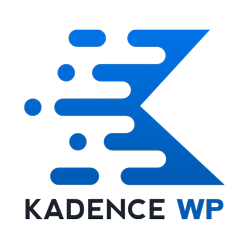 The Good: Lightweight, fast, and highly customizable with starter templatesThe Bad: Advanced features often require the premium versionWho It’s Best For: Shops that want speed plus design flexibility without bloated code
The Good: Lightweight, fast, and highly customizable with starter templatesThe Bad: Advanced features often require the premium versionWho It’s Best For: Shops that want speed plus design flexibility without bloated codeAnchor
 The Good: Bold, image-driven layout designed for visual brandsThe Bad: Smaller library of pre-built demos than competitorsWho It’s Best For: Creative entrepreneurs or product brands where visuals drive sales
The Good: Bold, image-driven layout designed for visual brandsThe Bad: Smaller library of pre-built demos than competitorsWho It’s Best For: Creative entrepreneurs or product brands where visuals drive salesOrchid Store
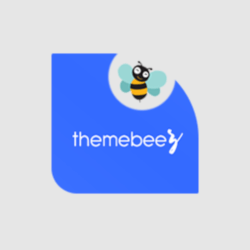 The Good: Free WooCommerce theme with a modern, widget-ready layout and easy customizationThe Bad: Lacks advanced styling options unless you upgrade to premiumWho It’s Best For: Beginners who want a clean, ready-to-use store design without needing extra setup
The Good: Free WooCommerce theme with a modern, widget-ready layout and easy customizationThe Bad: Lacks advanced styling options unless you upgrade to premiumWho It’s Best For: Beginners who want a clean, ready-to-use store design without needing extra setupeStore
 The Good: WooCommerce-focused theme with demo sites, plugin compatibility (like YITH Wishlist), and solid free featuresThe Bad: Can feel a bit dated compared to newer lightweight themesWho It’s Best For: Shop owners who want a simple, proven WooCommerce theme with good plugin support out of the box
The Good: WooCommerce-focused theme with demo sites, plugin compatibility (like YITH Wishlist), and solid free featuresThe Bad: Can feel a bit dated compared to newer lightweight themesWho It’s Best For: Shop owners who want a simple, proven WooCommerce theme with good plugin support out of the boxHestia
 The Good: Sleek one-page design with WooCommerce integrationThe Bad: Not ideal for large, product-heavy storesWho It’s Best For: Small businesses or startups that want a modern online presence with a shop add-on
The Good: Sleek one-page design with WooCommerce integrationThe Bad: Not ideal for large, product-heavy storesWho It’s Best For: Small businesses or startups that want a modern online presence with a shop add-onGear
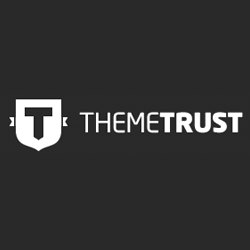 The Good: Minimalist grid-based design with focus on productsThe Bad: Fewer customization options compared to larger theme frameworksWho It’s Best For: Designers and creatives who want a no-frills storefront that looks modern
The Good: Minimalist grid-based design with focus on productsThe Bad: Fewer customization options compared to larger theme frameworksWho It’s Best For: Designers and creatives who want a no-frills storefront that looks modernShoptimizer
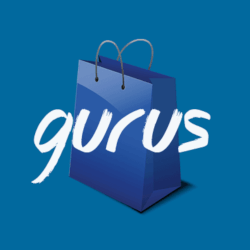 The Good: Packed with conversion-focused features like fast checkout, sticky cart, and trust badgesThe Bad: More expensive than most WooCommerce themesWho It’s Best For: Serious eCommerce shops that want a speed-optimized theme
The Good: Packed with conversion-focused features like fast checkout, sticky cart, and trust badgesThe Bad: More expensive than most WooCommerce themesWho It’s Best For: Serious eCommerce shops that want a speed-optimized themeStorefront
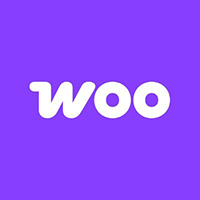 The Good: Official WooCommerce theme, lightweight and tightly integratedThe Bad: Basic design and limited customization without extra pluginsWho It’s Best For: WooCommerce stores that need a fast, eCommerce-focused theme
The Good: Official WooCommerce theme, lightweight and tightly integratedThe Bad: Basic design and limited customization without extra pluginsWho It’s Best For: WooCommerce stores that need a fast, eCommerce-focused themeGeneratePress
 The Good: Extremely lightweight with excellent performance and modular controlsThe Bad: The free version feels too barebones for a proper online shopWho It’s Best For: Developers or power users who want full control over a fast, minimal base theme
The Good: Extremely lightweight with excellent performance and modular controlsThe Bad: The free version feels too barebones for a proper online shopWho It’s Best For: Developers or power users who want full control over a fast, minimal base themeHello Elementor
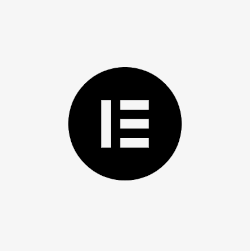 The Good: Blazing fast, designed to be a blank canvas for ElementorThe Bad: Requires Elementor Pro for advanced WooCommerce featuresWho It’s Best For: Elementor users who want complete design flexibility and a lightweight base theme
The Good: Blazing fast, designed to be a blank canvas for ElementorThe Bad: Requires Elementor Pro for advanced WooCommerce featuresWho It’s Best For: Elementor users who want complete design flexibility and a lightweight base themeShoppingCart
 The Good: Free WooCommerce theme with multiple widget-ready areas and layoutsThe Bad: Outdated design compared to modern competitorsWho It’s Best For: Beginners who want a simple, free WooCommerce theme with basic shop features
The Good: Free WooCommerce theme with multiple widget-ready areas and layoutsThe Bad: Outdated design compared to modern competitorsWho It’s Best For: Beginners who want a simple, free WooCommerce theme with basic shop featuresWhat Is the Fastest WooCommerce Theme?
Botiga is my top choice for the fastest WooCommerce theme. It’s built specifically for online stores with performance as the primary focus.
Plus, it includes conversion features like product quick view and sticky add-to-cart right out of the box.
If you need complete design freedom, SeedProd is the best drag-and-drop theme builder with WooCommerce integration. Alternatively, Neve works well for mobile-first stores where speed is absolutely critical (thanks to its under-30KB install size and AMP support).
With that said, I’d recommend starting with Botiga if you want the best balance of speed, features, and ease of use for your WooCommerce store.
FAQs About Fast WooCommerce Themes
What makes a WooCommerce theme fast?
Fast WooCommerce themes use clean, optimized code with minimal dependencies. They avoid heavy animations, unnecessary features, and bloated CSS that can slow down page loading times.
Do I need a premium theme for good speed?
No, several free themes, such as Botiga, Neve, and OceanWP, offer excellent performance. Premium versions often add more features, but the free versions are good enough for small to medium stores.
Can I make any theme faster?
Yes, you can improve your theme’s speed through caching plugins, image optimization, and choosing quality WordPress hosting. However, starting with a performance-focused theme makes optimization much easier.
Which theme works best with page builders?
Neve and OceanWP offer excellent page builder compatibility while maintaining speed. Sydney also integrates deeply with Elementor for business-focused designs.
Are feature-rich themes always slower?
Not necessarily. Themes like Shoppe and OceanWP include many features but maintain good performance through code optimization. The key is choosing a WordPress theme that balances features with clean code.
Should I choose mobile-first themes?
Yes, especially since most online shopping happens on mobile devices. Themes like Neve prioritize mobile performance, which improves the user experience and search rankings.
Other Helpful Guides for a Faster WooCommerce Store
I hope this guide has helped you find the fastest WordPress theme for your project.
If you’re looking to optimize your WordPress site beyond just choosing a fast theme, check out these guides to help you maximize your site’s performance and user experience:
If you liked this article, then please subscribe to our YouTube Channel for WordPress video tutorials. You can also find us on Twitter and Facebook.


